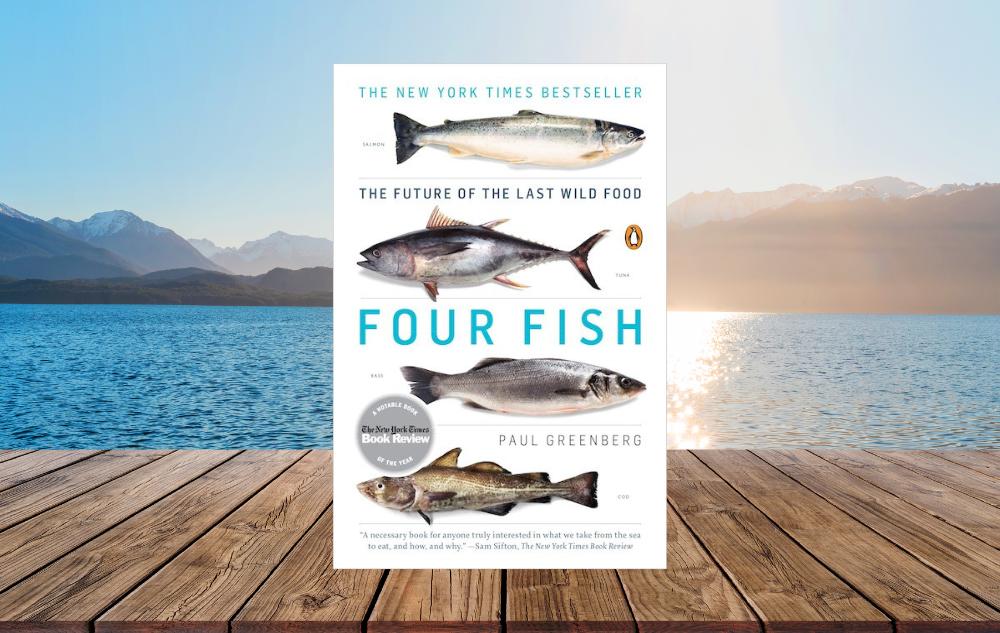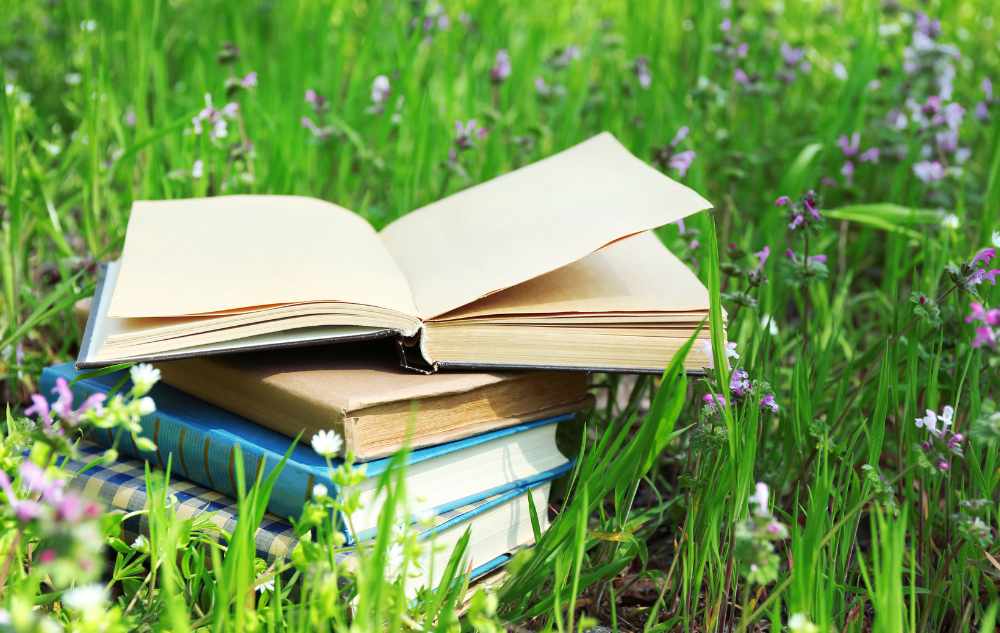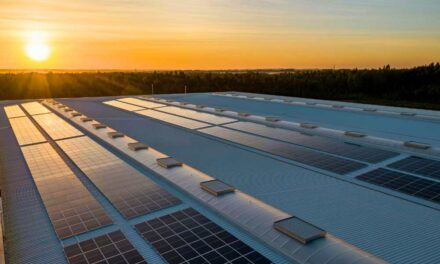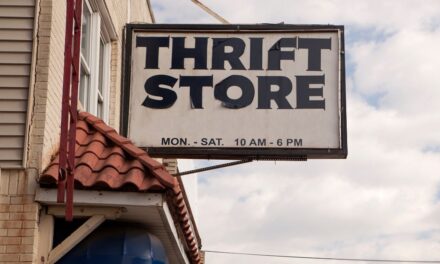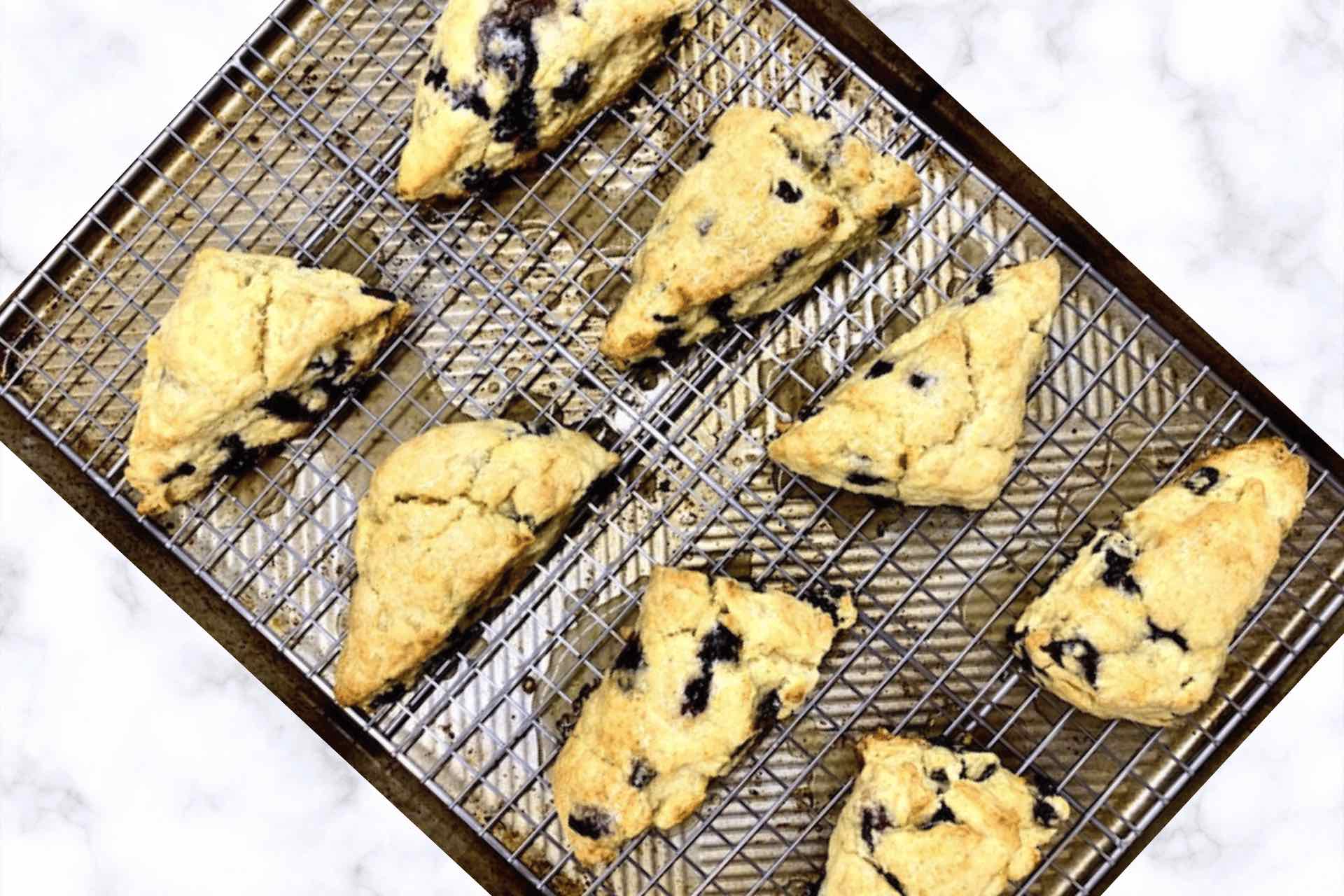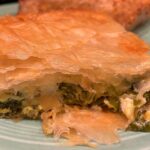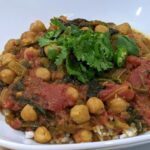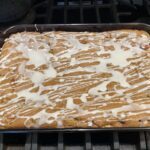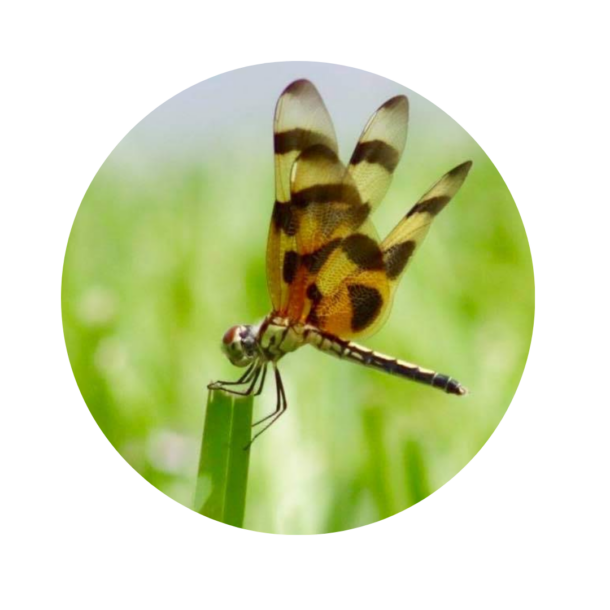Four Fish: The Future of the Last Wild Food
Written by Paul Greenberg
OPL BOOK SUMMARY: In this book, Paul Greenburg explores the collision of humankind with fish — the fish we eat — and how we might be able to live in peace. Greenburg shares that we must go beyond mastering industrial agriculture and master the lifecycle of the wild system. To do this, we need to value the ocean and waterways with a view to protecting them to support marine life. This includes protecting the habitats for fish to reproduce and survive in the wild and only harvesting enough to keep the fish population sustainable.
In the past, as many as 100 million Atlantic salmon hatched in the Connecticut River and eventually made their way to Long Island Sound. Dams and overfishing have led to the collapse of the population. Today every Atlantic salmon is farmed. Cod was so abundant that it fueled the economies and nourished humanity from medieval times through the discovery of the Americans and into the early industrial era. (Refer to Mark Kurlansky’s micro-history in his book, Cod). Today, the cod population is extremely small and fishing grounds are closed. Sea bass, also known as branzino, was once abundant in the Mediterranean. Today this species does not exist. When you order branzino you are ordering a farmed fish. Tuna are vast ocean roamers with longer reproduction cycles which makes them harder to protect. Conservationists are pushing to have bluefin on the endangered species list to ensure we do not fish them to extinction but have not yet achieved this goal.
Greenburg helps us understand how thankful we should feel when consuming wild fish, how we need to protect their habitats, and how aquaculture in a non-destructive manner is part of the answer. We recommend this important read.
Available used at BetterWorldBooks.

